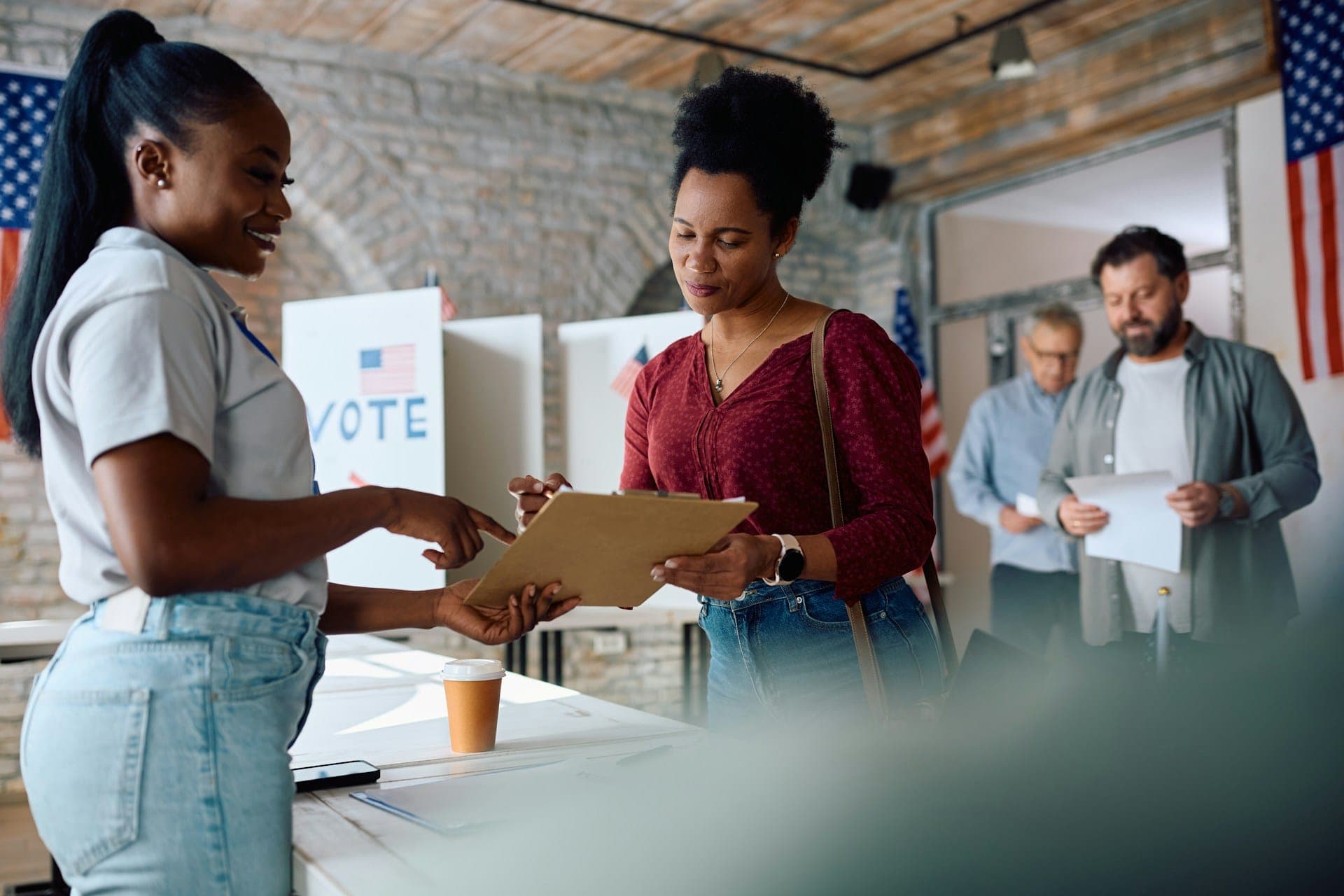Party Control over Election Certification Risks Future of Elections

Partisan machinations have increasingly shaken the faith in the integrity of the election process. Election deniers were just the start, but things have escalated to the point where some election administrators – loyal to their party – have refused to certify election results for political reasons.
New analysis from the Election Reformers Network (ERN) warns of the growing danger and chaos that will arise as a result of parties having too much control over who certifies elections – and how they do it – as polarization spirals out of control.
“Already, we’re seeing efforts by U.S. partisans to exploit certification,” writes ERN Executive Director Kevin Johnson.
“In 2020, Republican party representatives in Wayne County, the largest in Michigan, refused for several hours to certify results of the presidential election, briefly throwing the contest in a key swing state into turmoil. One of their counterparts at the state level board — the same panel that last week drew charges of political bias when it rejected, on party lines, a proposed ballot measure to protect reproductive rights — threatened to do likewise.
In 2022, there were also incidents in New Mexico and Pennsylvania where local election boards refused to certify election results without cause or evidence of fraud or impropriety.
Voters should brace themselves for more disruptions in November from the very people tasked with overseeing elections – a job that voters expect to be performed in an unbiased manner.
But, the administration and certification of elections cannot be truly unbiased when the teams control who referees the game.
And to the parties, that is exactly what elections are – a game. It’s a zero-sum game where one side has to win, and the other side has to lose, and the stakes have gotten so high that destabilizing elections is not off the table if it keeps the “other side” from winning.
The last two years alone have shown that this is not mere theory. It is a reality. The risk is ever-present, and it is not isolated to only a handful of states.
In its analysis, ERN found that 39 states give exclusive control over election certification to partisan-controlled boards or partisan officials. And, every state except for Hawaii involves nominated, appointed, or elected partisan figures in some manner in the certification process
These are people who have signed on to a team and have pledged their support for that team. They have an invested interest in “their side” winning.
Independent Washington secretary of state candidate Julie Anderson noted in an interview back in June that it is “very difficult for voters to believe that once you walk into” an election administration role “you shed those team obligations.”
In her own state she believes that Republican Kim Wyman – who stepped down earlier this year – may be the last person voters across the board fully trust to be a member of a party and oversee elections.
Party leaders will no doubt scoff at the claim, but it may carry some weight by the fact that Anderson advanced to the general election over other major party candidates in a nonpartisan primary on August 2.
ERN conducted a parallel analysis to see if peer democracies around the world allow parties to have the same level of control and influence on election certification. What the group found was that the US is mostly unique.
Nearly all of the 12 democratic systems examined limit political parties to observing the certification process and bringing challenges to court. The finalization of elections is also conducted by the same – and in most cases nonpartisan – professionals who run the elections.
It is also rare in these countries that someone running in an election has any role in election administration or certification. The same cannot be said in the US where those tasked with overseeing elections can and will run for a different or higher office while in their position.
Johnson believes that it is imperative that voters understand how election certification in their state works. Many people don’t know that several states have laws that make it clear that the certification process is not the venue to challenge election results.
The rightful venue is the courts, which have increasingly needed to step in to stop efforts to hold certification of elections hostage for unfounded and political reasons.
In the long term, Johnson says the US should replicate what other democratic systems are doing. He believes responsibility for election certification should be shifted to election professionals selected in a nonpartisan manner.
“Where boards are involved, their membership should be modified to emphasize impartiality rather than party representation,” he writes.
”[F]or example, by including retired election officials or judges. Parties can fully protect their interests through the roles accorded them in law: observing all processes and taking evidenced-backed concerns to court.”
Voters need an election system they can trust. Distrust opens the door for election deniers and more incidents like January 6. Such things are not the sign of a healthy democracy (far from it) and will only deteriorate the state of US politics further.
 Shawn Griffiths
Shawn Griffiths




